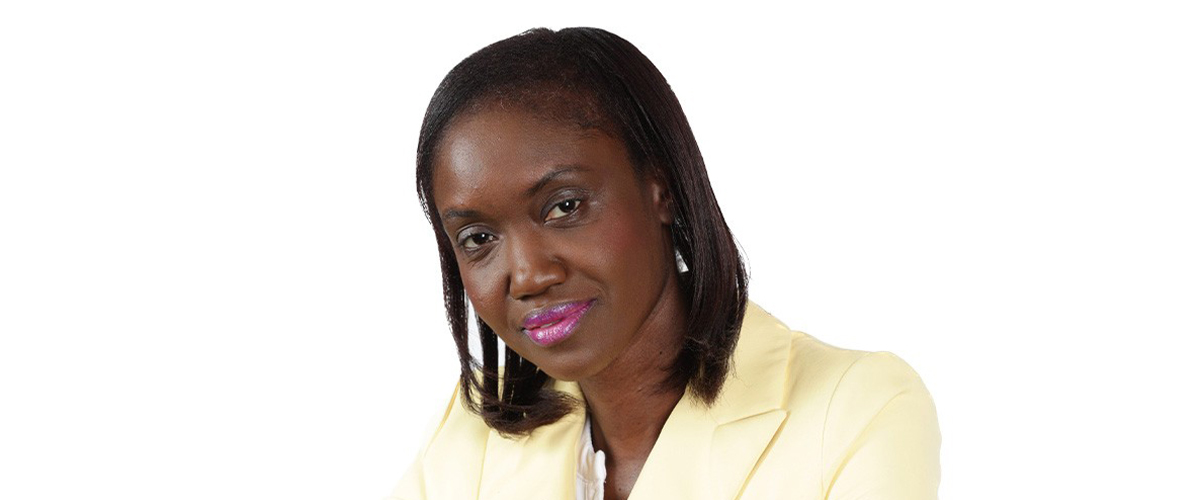
Faculty Profile: Cameka Hazel
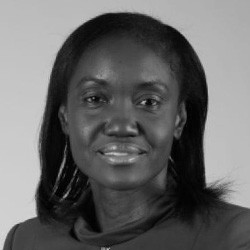
Department: Psychology and Counseling
Joined New York Tech: 2019
Campus: Long Island
Teaching for Growth
Having grown up in Jamaica, one might assume that Assistant Professor of School Counseling Cameka Hazel, Ed.D., would struggle with the winter months in the Northeastern United States. It’s quite the opposite. “I love the winter! I also enjoy the snow and everything that comes with it,” she says. This appreciation of cold weather came in handy when Hazel was getting two master’s degrees at the Lynch School of Education and Human Development at Boston College, lived in Rochester, N.Y., where she completed her doctorate, and again when she joined the Department of Psychology and Counseling at New York Tech. She spoke to New York Tech News about what inspires her and what she finds most rewarding about her work.
Why did you want to become a school counselor?
I was born and raised in Portland, Jamaica, in an area that is very rural and beloved by many tourists because of its breathtaking scenery. I am the youngest of four girls and come from very humble beginnings. My mother and father were very intelligent, but their education opportunities stopped at the junior high school level. Although I also came from a low-income background, I had teachers and counselors who saw my potential and did everything they could to help to ensure my success. My elementary and high school teachers truly loved and cared for the children entrusted to them. When I was in the fifth grade, my teacher provided me with lunch from her own pocket and sponsored me financially to go on educational excursions when my family could not afford to do so. When I became a school counselor, I felt the need to do the same for my students. I motivated students who never thought they could go to college to change their stories. Having practiced as a school counselor, I decided to become a counselor educator, where my impact would be greater. I wanted to influence school counselors by training them to love, care, and go above and beyond for their students. It’s true that having biological parents involved in children’s lives significantly increase their likelihood of success, but I’ve also seen educators touch the lives of many students and help change their destinies. That’s what I train my school counselors to do.
What brought you to New York Tech? What was your impression of the students you encountered?
I started at New York Tech as a visiting professor in January 2019 after graduating from my doctoral program. I joined the faculty in a tenured track position in 2020. I teach on both the New York City and Long Island campuses, and I notice a lot of differences between these two sets of students. Their backgrounds and experiences are like night and day. That keeps my experience as a professor fun and dynamic. The students are very eager to learn, and they really want to make a positive impact on the next generation. They are also very creative, insightful, respectful, open-minded, and driven. They make it very easy to be a professor.
Can you talk about some of your research?
I have been engaged in a few research projects and have involved graduate students on my research team. One research project examined COVID-19’s impact on college and career readiness. This project included one of New York Tech’s school counseling master’s students who presented findings from our data and co-authored the research paper, soon to be published. I have also been working on projects addressing the mental health and trauma crises in schools and recently published an article entitled “More School Counselors Could Turn the Tide on the Youth Mental Health Crisis.” I am also interested in research in cultural competence in counselor education training for school and mental health students and acculturation issues faced by highly skilled immigrants in the United States who are from Caribbean nations.>
Do you have a general philosophy or guiding principle in your approach to teaching?
I usually tell my students that I do not teach for the grade, I teach for growth. For this reason, I patiently work with students until they correctly grasp the content and concept. I also use the constructivist approach to teaching, where students’ experiences matter and the classroom is student-centered. I care about their experiences and how they can build on what they already know; I teach a diverse set of students and try to ensure that they are all given opportunities to identify how lessons could be relevant to who they are and the student population they will serve in their future careers as school counselors.
What are some of the things you like to do when not working?
I enjoy learning about different cultures and how others experience the world, so I am always traveling and exploring somewhere new. I also enjoy historical fiction.
This interview has been edited and condensed.
By Alix Sobler
More Profiles
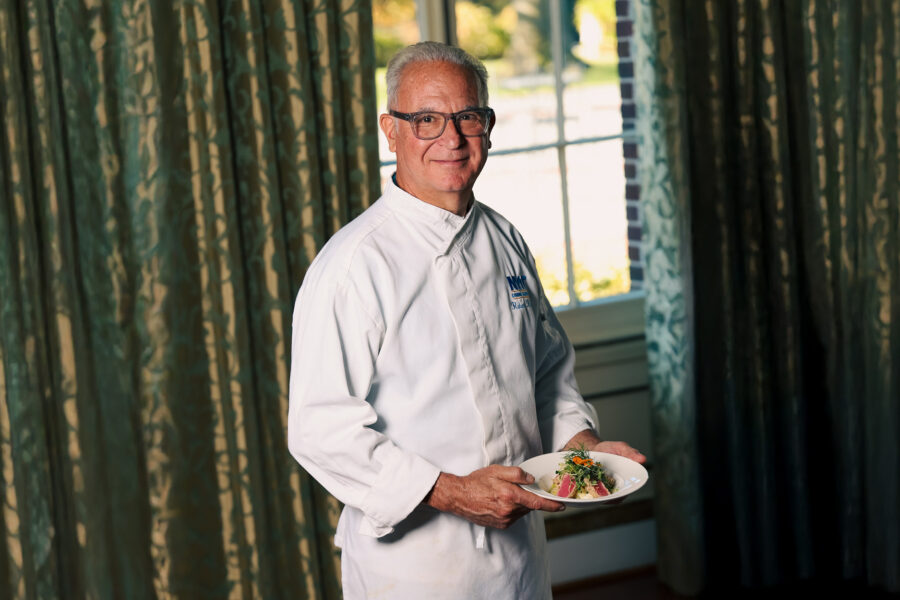
The Force Behind the Food
Director of Dining Services Robert Rizzuto keeps New York Tech fed as he oversees NYIT de Seversky Mansion and the campus dining program on Long Island and in New York City.
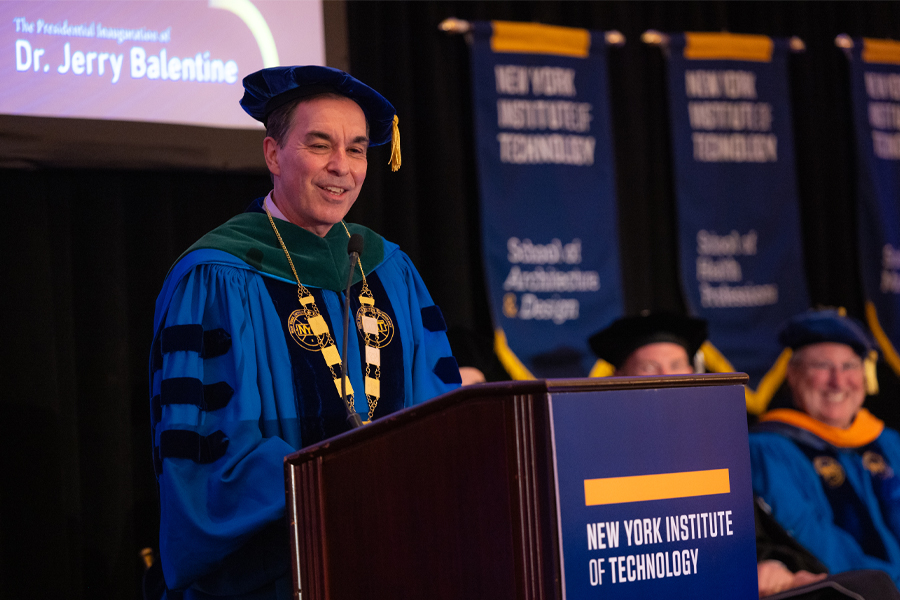
The Installation of President Jerry Balentine, D.O.
On October 16, surrounded by respected colleagues, family, and friends, Jerry Balentine, D.O., was installed as the fifth president of New York Institute of Technology.
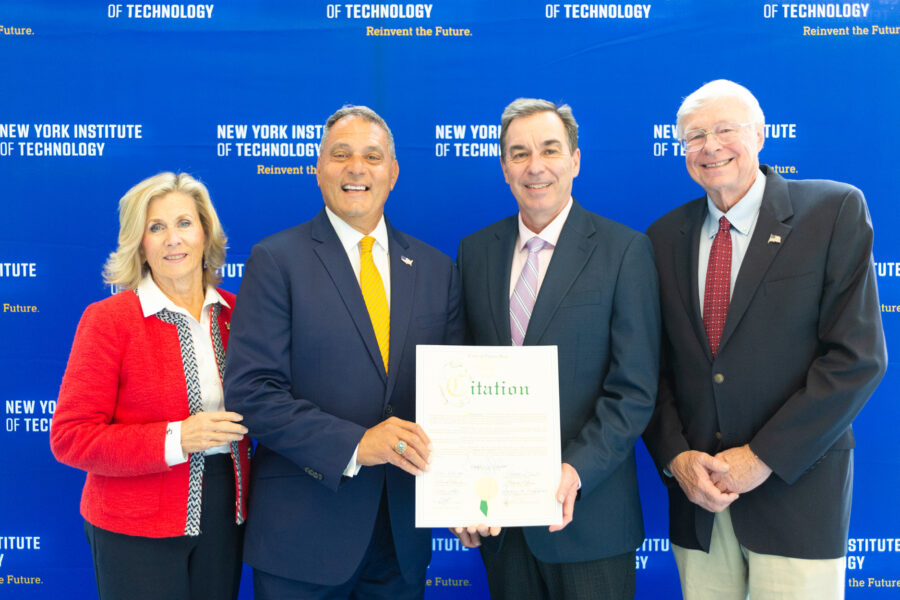
Startup Tech Central Officially Opens
Members of New York Tech and the local community gathered to celebrate the grand opening of Startup Tech Central, a resource for students to transform ideas into real-world impact.

Bridging Business Knowledge With AI
The School of Management has embraced and integrated AI into its courses, focusing on teaching students how to leverage technology to help achieve their goals in the classroom and beyond.
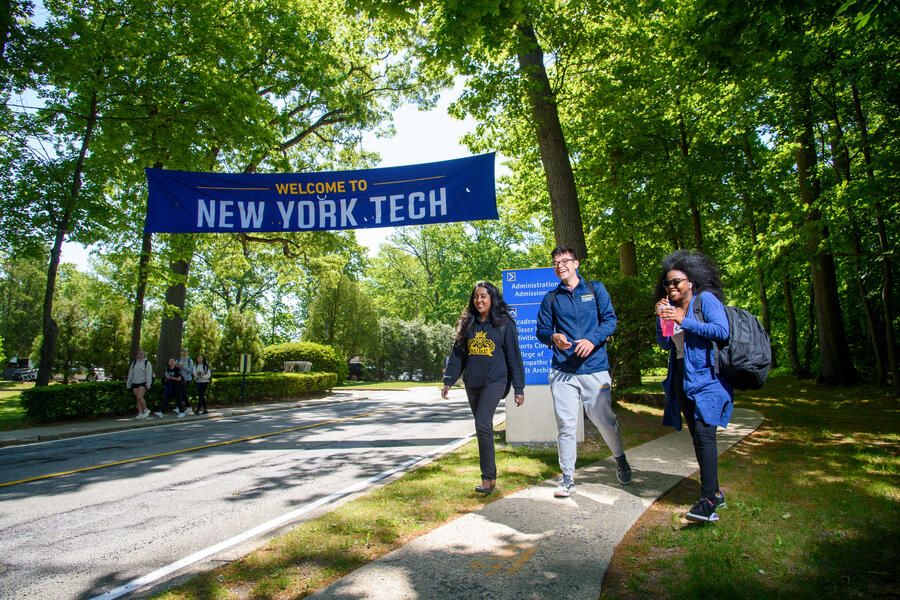
Innovation and Social Mobility Recognized in U.S. News Best Colleges Rankings
New York Tech was recognized for both its innovation and social mobility among universities in the North in the U.S. News & World Report 2026 Best Colleges rankings.

New York Tech Celebrates National Hispanic Heritage Month 2025
The university will host a series of events to celebrate Hispanic Heritage Month.